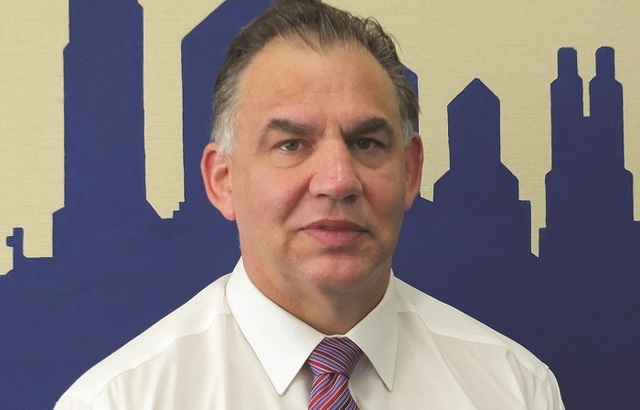Sean Kelleher, chief executive of Mondial and Expat Cover, said new regulations from the Insurance Authority and the Securities and Commodities Authority (SCA) around commission disclosure, capital requirements, and conduct of business were clearly aimed at raising professional standards, and are emblematic of efforts by the UAE to be judged by the best standards globally.
Both of Kelleher’s businesses have insurance and investment licenses.
“We still have some details to come, but what you can say is that there is an old way of doing things and there’s going to be a new way of doing things.
“You can see the direction of travel from the amount of significant new regulations coming out – four or five in the past year, compared to the odd one now and again in years before.
The direction of travel is quite clear,” Kelleher told International Adviser.
He went on say: “The issues that are being tackled by the leading regulators in the world – transparency, costs to clients, disclosures, the way products are sold, suitability checks, fact finds, properly making sure clients understand what they are buying, and documenting all of this properly – these are all becoming our issues in the UAE, and that is a good thing.”
Complaint handling key
Kelleher identified one skill set that ‘old model’ IFAs will have to adapt to quickly as complaint management.
“As clients understand more about what the regulator is doing and what is expected of firms, they can tell good practice from bad practice. This is bound to increase the level of complaints.
“It is the current level of complaints which is concerning regulators a great deal, as evidenced by the clear language on some recent regulatory decisions.”
Kelleher said it was likely the more active role of regulators will stimulate a greater amount of complaints as investors and financial services consumers spot an active authority to complain to; and this will stimulate a need for a much higher quality of compliance and internal management.
Survival test
The regulators are adapting to the environment of complaints, which Kelleher believes will become a survival test for many firms.
He said: “This is not necessarily a bad thing. I note the statistics emerging in the UK in which some large companies have increased numbers of complaints. The reality is that they would not have suddenly become a poor company overnight.
“The probability is that investors and customers have an easy route for making complaints, and that is bound to increase complaint numbers.
“The good firms will take such issues as feedback and improve as a result. The problem for firms in the UAE is that we are only in the early stages of complaint measurement. So, we face all the growing pains of handling complaints including building high quality compliance and associated training.”
New standards
Kelleher cited the SCA’s 2016 regulation, 48R, which more clearly defined what financial planning entails and what is expected of financial planners, as being a possible door opener to greater detail on active professional management.
“The Chartered Institute of Securities and Investment (Cisi) is already employed by the SCA to set standards on what a ‘financial analyst’ is.
“That standard covers what other environments would call relationship management/wealth management/financial planning etc.
“The international wealth management certificate, for example, sets out standards on information collection, on the fiduciary duties of advisers, and on how to document meetings and advice. It is now not a small step to link professional standards to regulator management to investor expectations.”








